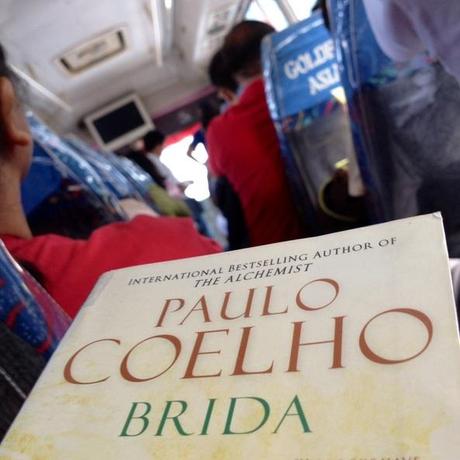 Good company comes super handy in my Alabang-Manila-Alabang ordeal (a.k.a. commute) that seems to last forever.
Good company comes super handy in my Alabang-Manila-Alabang ordeal (a.k.a. commute) that seems to last forever. 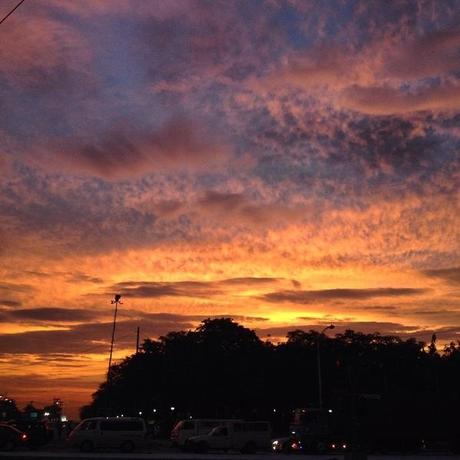 Manila Bay sunset on my way home.
Manila Bay sunset on my way home. 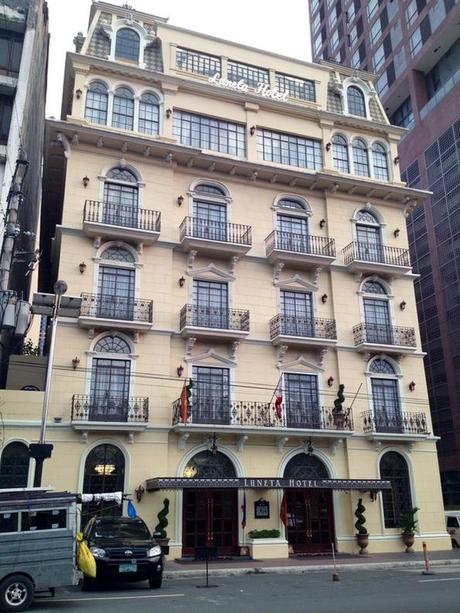 French architecture right infront of our office.
French architecture right infront of our office. 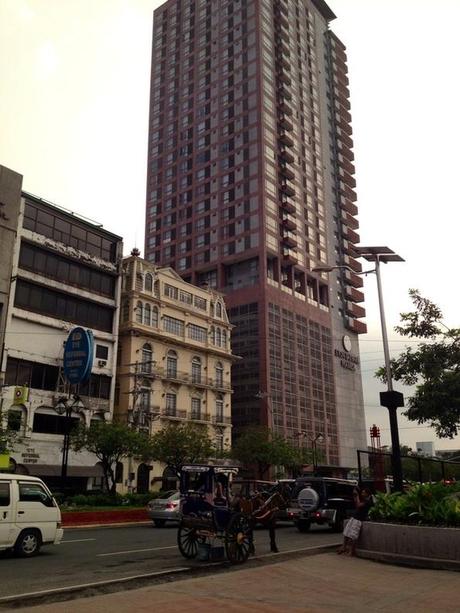 It's that... small.
It's that... small. 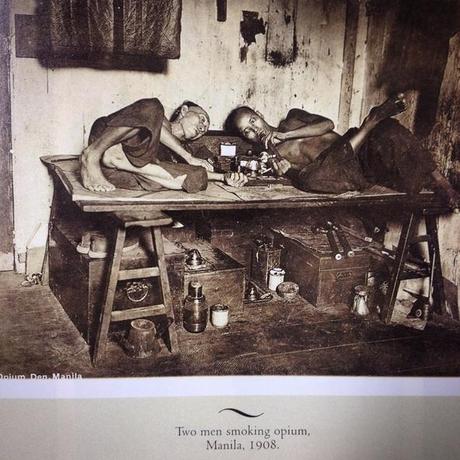 Browsing through vintage books during breaks.
Browsing through vintage books during breaks. Where was I? Oh yeah, I am doing a research about Leon Apacible and is reading a book about his brother, Galicano. Galicano Apacible studied and lived in Barcelona, Madrid, Paris among other European cities. He’s actually fond of Paris and was fluent in French. Just like our National Hero, Jose Rizal, Galicano studied to become a Doctor, and both coming from rich families, were sent to Europe for further studies. So Galicano made rounds in Paris hospitals to do some sort of internships.
Here is the text that made me write an update now:
“In America I found a racial prejudice so great that it was beyond my imagination. colored men were looked upon and treated with contempt, including the Latin peoples of Southern Europe: Spaniards and Italians.
We were not admitted to boarding houses and fifth class hotels. in some restaurants in the South, they courteously refused to admit us. in some states, like Kentucky and other, which I visited, colored and white men were separated in the street cars. The big hotels in New York itself admitted me with marled displeasure. I did not notice this racial prejudice in the big cities in Europe. It was all the contrary in Paris. At the hotels and public places there I was alwas treated with much deference.”
Source: Galicano Apacible: Profile of a Filipino Patriot by Encarnacion Alzona. 1971. Manila, Philippines: National Historical Institute, pages 137-138.
And all I really wanted to say is that I’ve never felt discriminated in Europe. In fact, it is there that I felt I was treated as an equal.
Let me push my luck before clock hits 3:15 and my break time is over. Equality is a tricky concept to put into the Filipino context because it is remote to the dominant culture in the Philippines. Security guards are everywhere and they already can be intimidating and discriminating, gets? There is a certain degree of freedom achieved in being regarded as an equal. Maybe it’s the self-confidence one gains that comes with the treatment. I’m not sure. What I am sure of is that this freedom is something we, in the Philippines, are not even acquainted to even after years of our so-called independence. Ah, I guess I’m reading too much (or too less) of the Philippine-American war.
In any case, I will swear on my dead toe’s tomb that being treated as an equal is worth your every sweat and libag (if and when you are a commuter in Metro Manila like me). Caveat: you gotta fight for it in silence.
Now let me rephrase that: it was in Europe that I treated myself as everybody’s equal.

